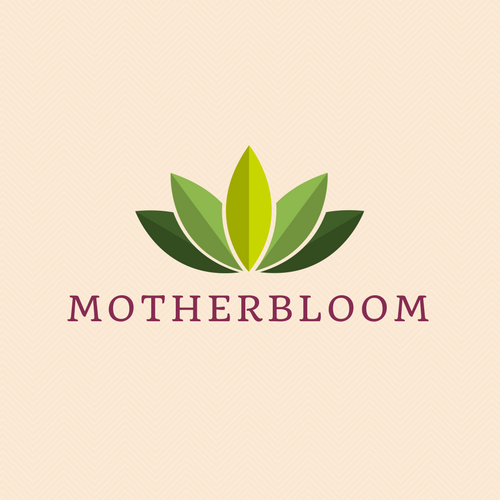The Birth of a Mother
I’ve heard it said before that the moment a child is born, a mother is also born. Yet many women I’ve spoken with did not feel like their story of becoming a mother was empowering or all that poetic in this way. Instead, many of them – especially those who labored and delivered inside their local hospital – felt like the focus of their pregnancy and birth was more rooted in procedural efficiency and risk mitigation, rather than their holistic well-being while navigating this transformative rite of passage.
We can probably attribute this common (and rising) trend to the current culture of our healthcare system in which doctors are still seen as the experts who have all the knowledge and tools to treat a patient’s presenting complaint. But after hearing the stories of these women and their feelings of diminished spiritual sovereignty over their birth process, I would argue that a mother’s birth story is not a pathological process to be “treated,” but rather a gateway into a new phase of life that is to be handled with even more meticulous spiritual care.
Through the numerous birth stories I continue to explore with women every day, I have found there are vastly different details with which the story can be told. From the time of day when a new mom noticed the first real contractual pains, or had to start the Pitocin drip when contractions wouldn’t come on their own – to the degree of dilation when she finally decided to call in (or maybe never got) that lifeline epidural: there are so many nuances to a woman’s birth story that make each and every one I hear so unique to each mother experiencing it.
And yet, there is also a common theme threading all of the stories, which often lead the mothers carrying them to the threshold of my therapy practice doors.
Somewhere in many of these birth stories is a feeling of disempowerment, or disappointment, or disillusionment with a process that did not go as imagined or once hoped. There is a feeling of betrayal, or resentment, or anger for a moment of helplessness when no matter how hard she fought, a mother just could not be heard. Or there is a feeling of sadness, or sorrow, or grief for a lost experience that she can never get back, and one she had always believed somehow would be otherwise transcendentally magical.
Whatever the feeling may be, the women I see often sense that a part of themselves became “stuck” at the gateway of their birth story, making it difficult to heal from their experience and truly bring the full process of birth to completion.
That’s when I explain that a mother’s birth story does not end with the delivery of baby and placenta, skin stitching and discharge paperwork. This is really just the beginning, as a mother must then go on to confront the emotionally and morally hard work of delivering herself from all selfishness, creating space for profound and sometimes painful love, and nurturing this unfamiliar new part of her identity.
This work is sacred and can even be perilous for some mothers, who may not have been prepared for or ready to embrace this transition. Especially when the circumstances of the birth were painful, frightening, or even life-threatening, a mother’s unresolved and misunderstood anguish around her birth experience only all the more prevents her identity as a mother from unfolding in a healthy and thriving way.
That’s where the sharing of birth stories can be an incredibly therapeutic tool for many moms who find themselves trying to make sense of their birth experience. Even in casual friendly conversations with other mothers (as a mama, not a therapist), I find that we all become energized by the re-telling of our birth stories, as if it somehow gives us the chance to re-write that chapter in our lives and redefine the meaning of it, both then and now.
So if you’re a new mother, or even not so new to motherhood, but still struggling to make peace of some kind with yourself and your experience – I would ask you to tell your birth story. What was it like and how was that different from what you thought it would be? What are the parts of you that became displaced or the intentions you held that went misunderstood? What would you celebrate, or do differently if you could try it all over again?
Because even if we don’t feel it at the time, the story of a mother’s birth is incredibly powerful and should be retold until it becomes the way you always imagined it would feel. We may not be able to go back in time to change a procedure or its outcome, but a mother’s birth story can be gently healed so that her heart understands the meaning of her experience and embraces the beautiful part of herself that it is. And it is with this eventual understanding and acceptance of her birth story that the sacred narrative of a mother’s journey can then truly begin.
